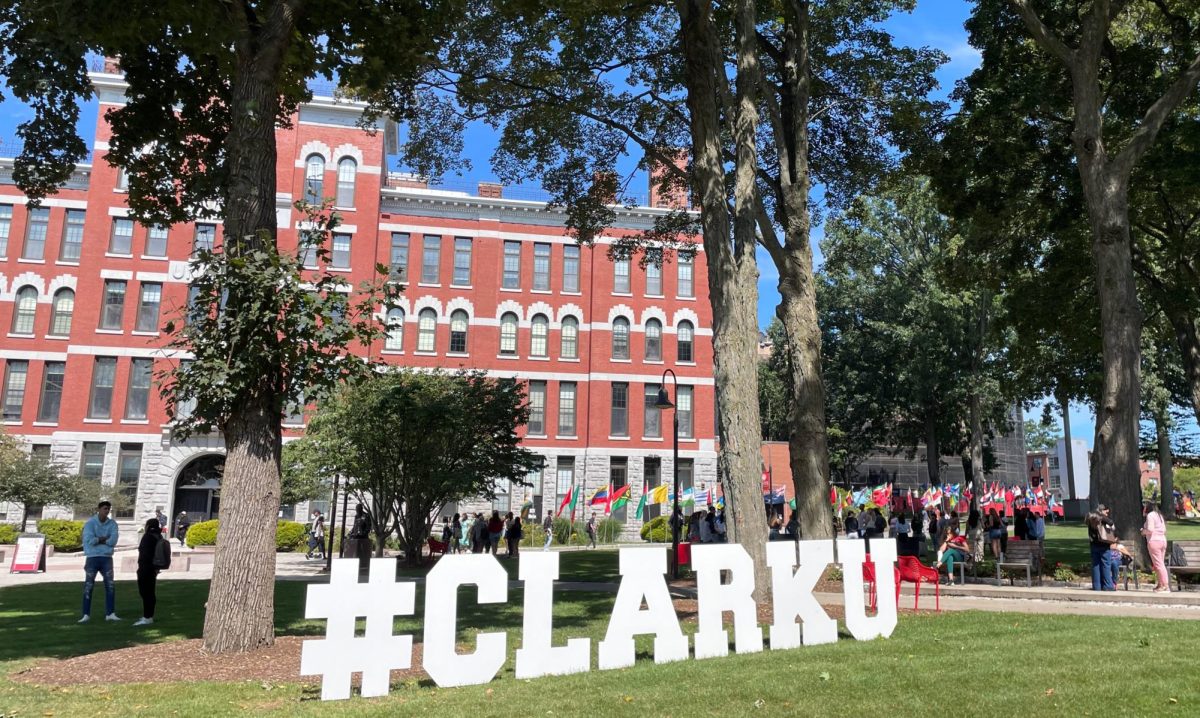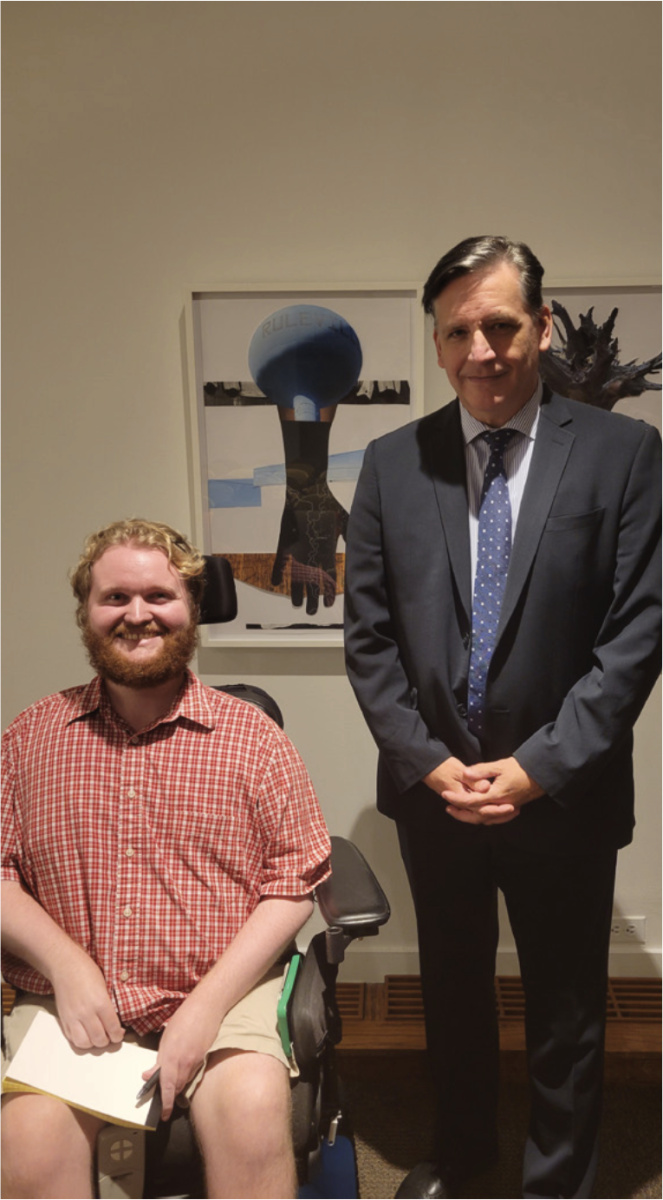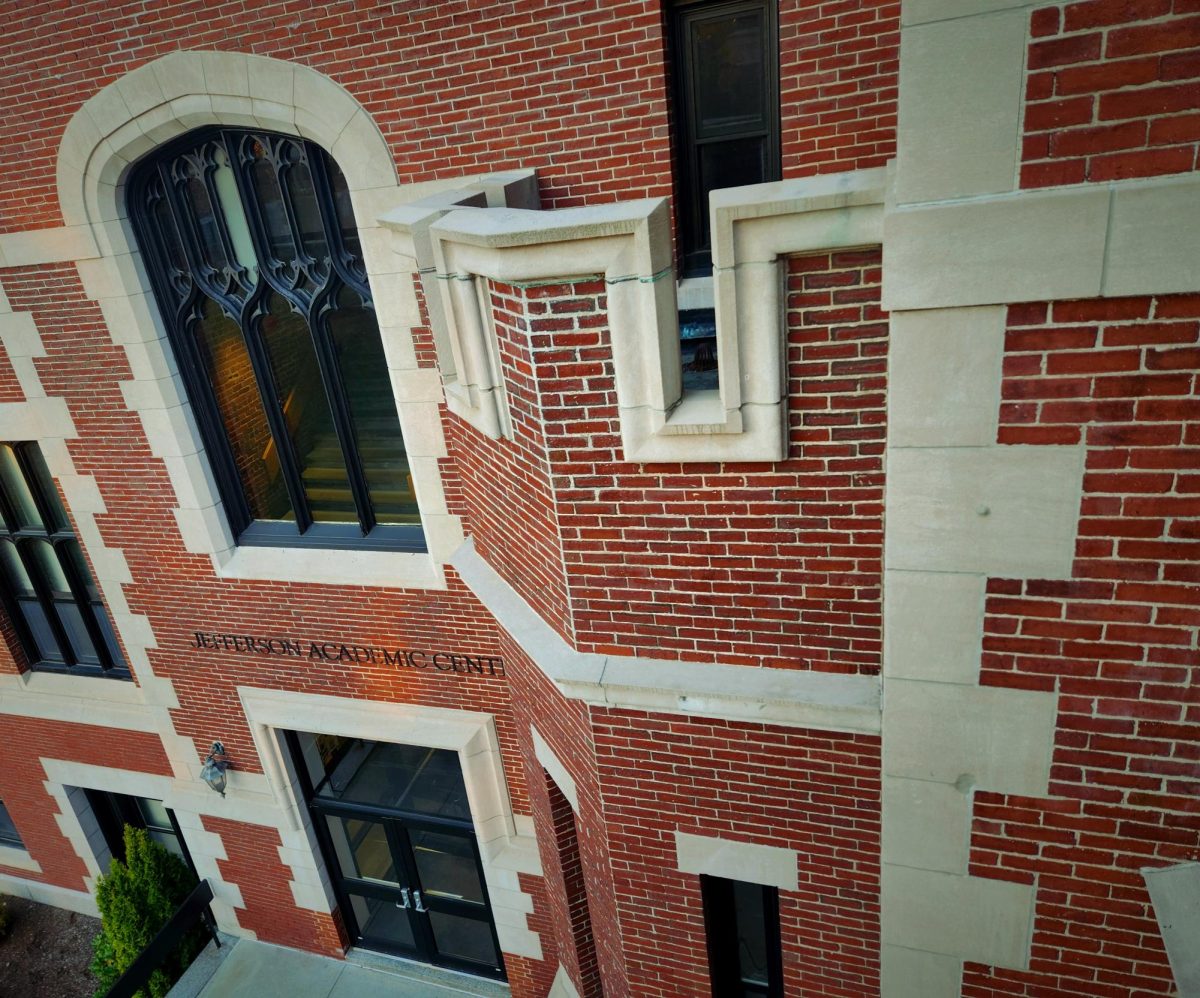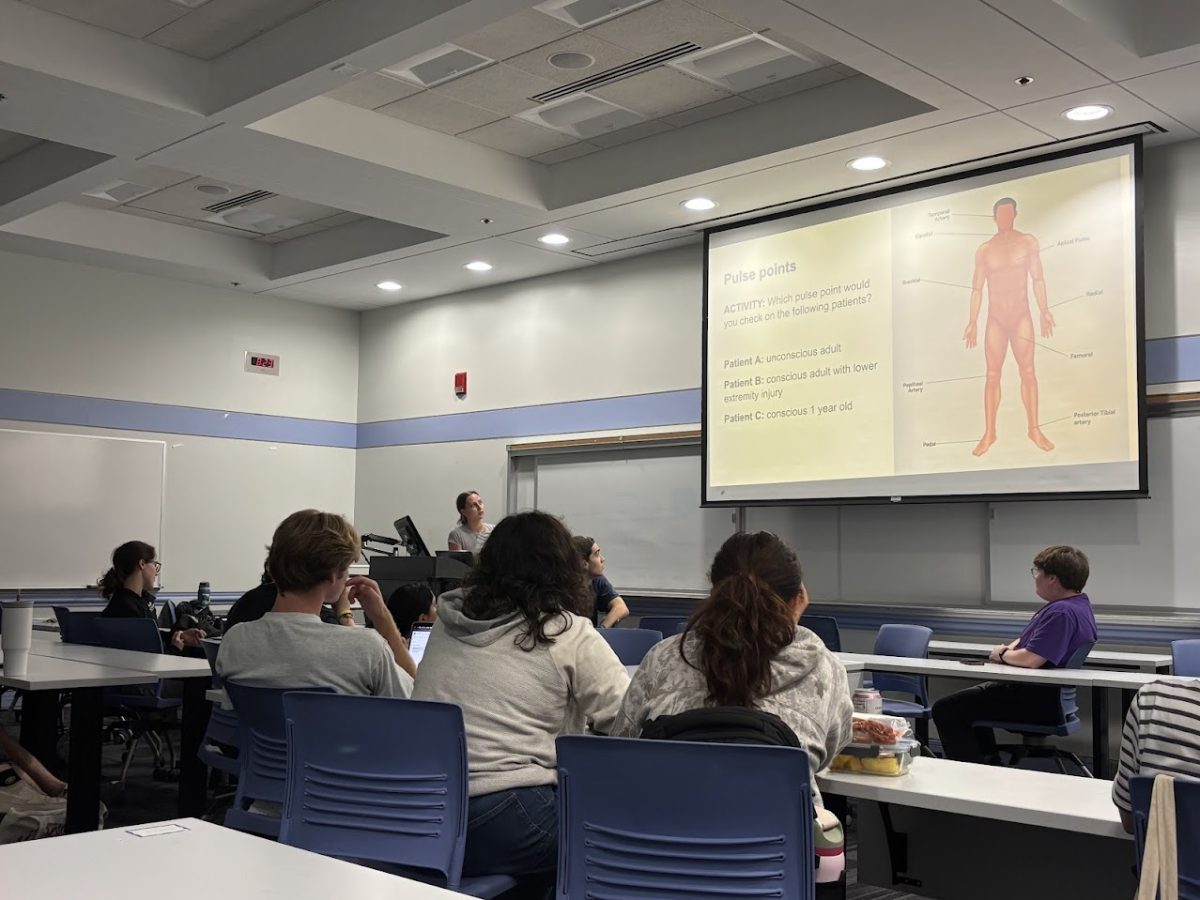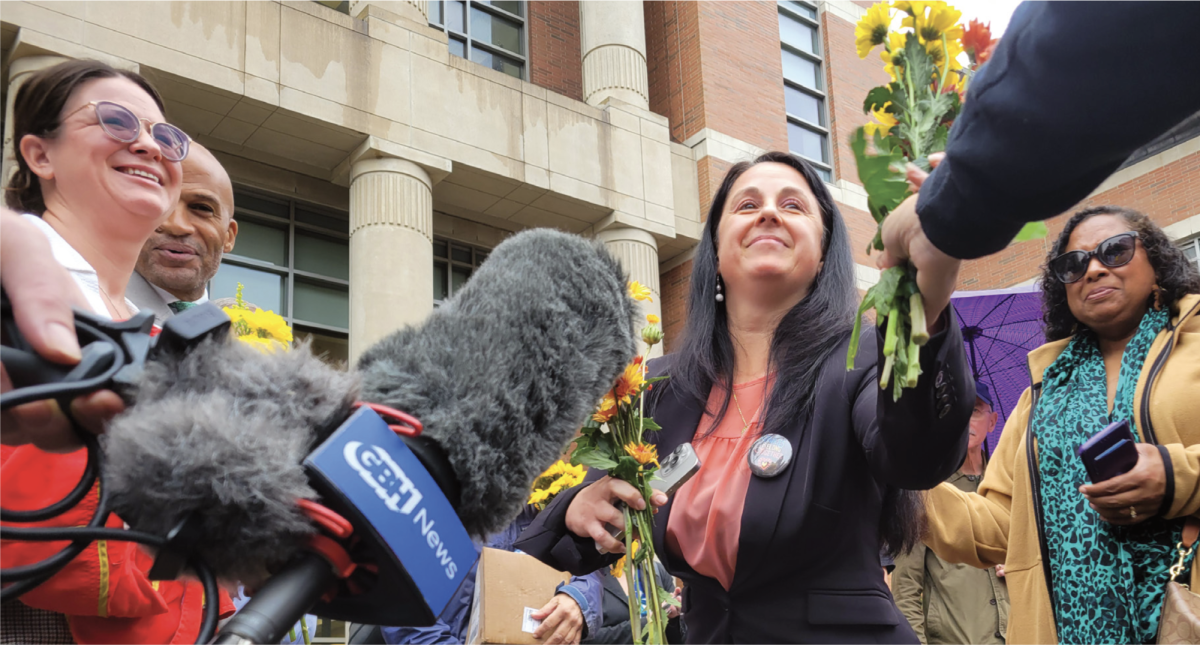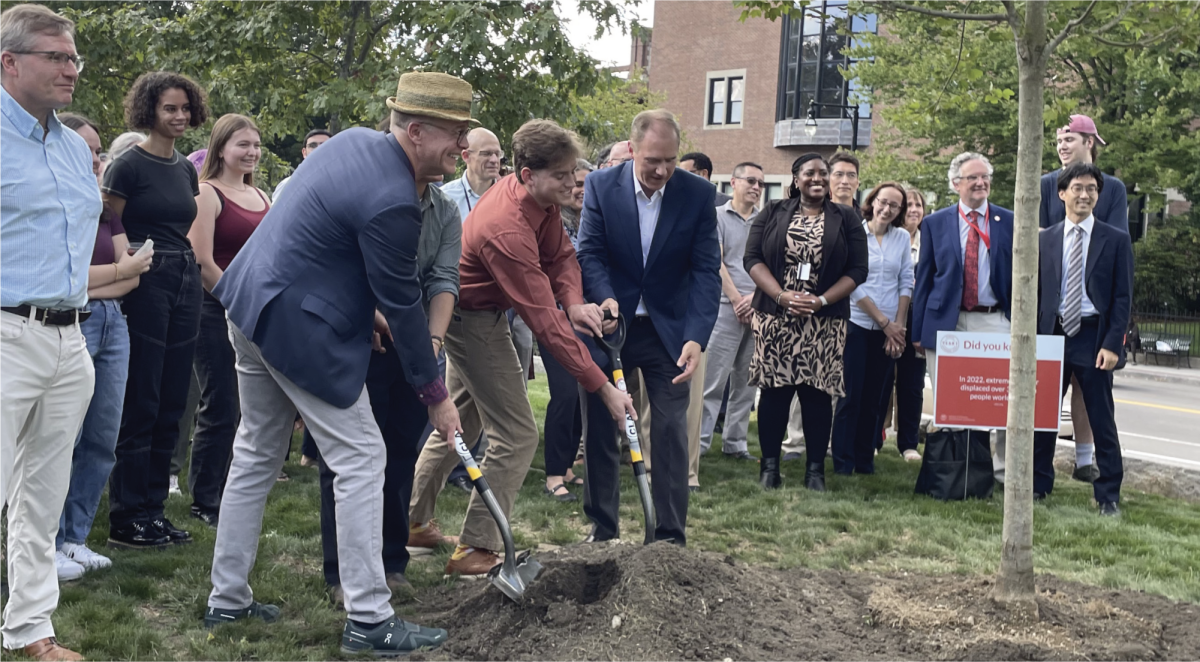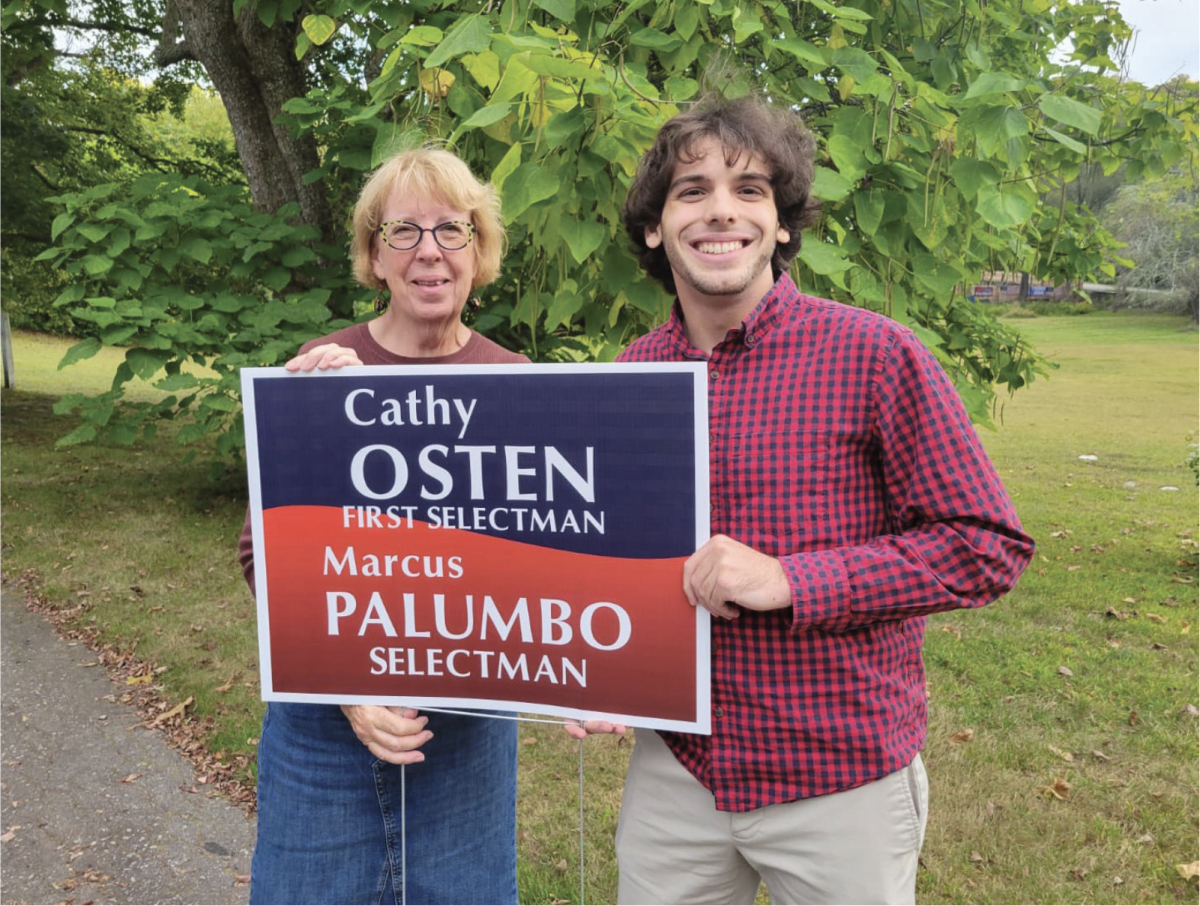Prospective first-years for the class of 2028 are being advertised a new aspect of a Clark education: an Honors Experience, set to accept its inaugural student group next semester. Because of the focus on new students, the program has largely flown under the student body’s radar. But administrators, faculty and students have been working for months to develop the program. In an interview with The Scarlet, Professor Juan Pablo Rivera and his two undergraduate assistants helped to break down what the new program will mean for Clark.
Why does Clark need an Honors Experience?
The current plans for the Honors Experience are largely numbers-driven. According to Professor Rivera, internal data reveals that Clark loses many driven and high-achieving prospective students to other institutions that offer honors programs. One of the main goals of Clark’s Honors Experience is to retain these students by making the University’s academics seem more appealing and competitive with its peers.
The ongoing pilot initiative led by Rivera is funded by a $1 million gift from an anonymous alumnus that the university received in June of last year. In a statement, University President David Fithian said that the alum was “compelled by the research and data we shared that demonstrated how powerfully an honors program can move us forward.” Fithian said having such a program was in line with the University’s strategic framework, Clark Inspired. “The gift is a testament to the notion that aspirational ideas and bold plans pursued with determination will attract investment in our University,” he said.
In spite of the admissions-focused approach, Professor Rivera and his class – titled “Implementing an Honors Experience at Clark” – are striving to create a program that is “harmonious with the Clark ethos and reflects and preserves the Clark community.” Rivera is supported by two Peer Learning Assistants (PLAs): Kacey Alcantara Reyes and Milo Justice.
How will the Honors Experience function?
While the honors program is still in the design phase, an outline of the program has been established. Prospective students who express interest in the Honors Experience in their Clark application will be considered for acceptance into the program.
Once accepted, a student’s first step in the program will be a class in the spring semester of their freshman year focused on diversity, equity and inclusion in higher education. From there, students are expected to take an additional three honors classes throughout the whole of their four years at Clark.
Students must also complete three co-curricular programs. The exact details of these co-curriculars are still being figured out. Some possible options suggested by Professor Rivera and his class include community involvement and volunteering, academic lectures, inter-departmental peer review meetings and a senior-year final honors project. The Honors Experience will not conflict with existing departmental honors programs. “Departmental autonomy is important,” said Rivera.
Who are “Honors” students?
Acceptance into Clark’s honors program will not be purely based on academics. Milo Justice, one of Rivera’s PLAs, said the class hopes to “take the GPA portion out of honors and have well-rounded kids who can solve problems and think critically.”
Professor Rivera said that incoming students will be evaluated for acceptance into the program based on how likely they are to come to Clark and elements of their background that would make for an interesting contribution to the community. It is estimated that 10% of each incoming class, including next semester’s class of 2028, will be admitted into the Honors Experience.
While there are plans to have on-ramps for sophomores to join the program, Professor Rivera says it “might be harder for juniors and seniors to fulfill the requirements.”
What sets Clark’s Honors Experience apart from honors programs at other schools?
Professor Rivera says that he doesn’t want Clark’s honors program to be something that “creates hierarchies and separates and divides students.”
“Honors is generally an elitist, exclusive kind of thing,” said Reyes, the other PLA. “We are trying to do something different and redefine what ‘honors’ is.”
Rivera and his students envision an enriching experience for Honors students, and not one that is focused on privilege or prestige. The program will provide an “experience for students to explore different aspects of education that aren’t just academic,” said Reyes. Designing this unique kind of honors program “gives us a chance for Clark to be the academic radical,” Justice suggested.

